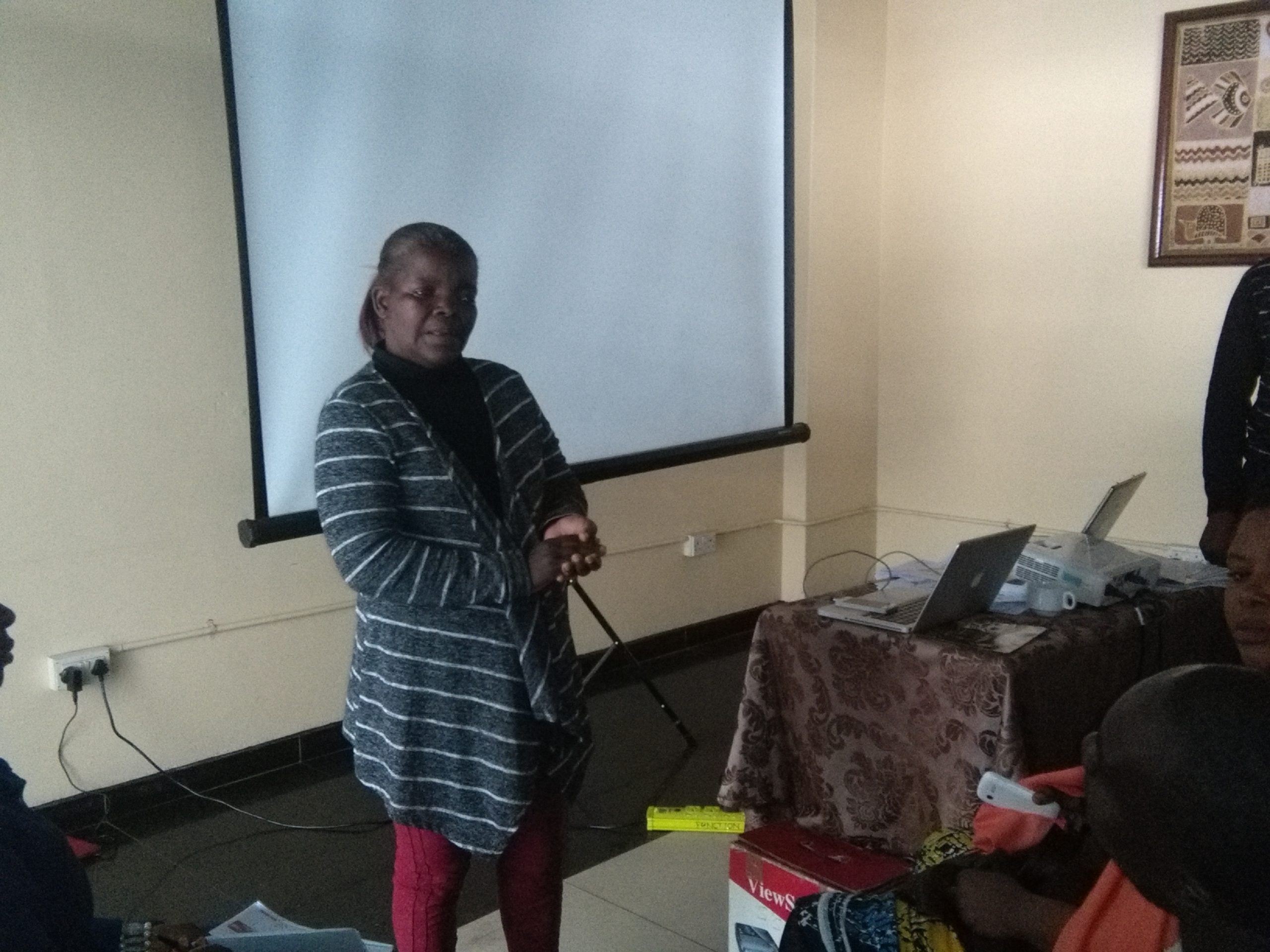By Byron Mutingwende
A plethora of health issues affecting communities came to the fore at a meeting that brought together behaviour change facilitators that was organised by the Zimbabwe Community Health Intervention Research (Zichire) at New Ambassador Hotel in Harare on 28 June 2017.
Christina Gonese, the Zichire Demand Generation Provincial Manager said the meeting was meant to review the work by the behaviour change facilitators from Harare West District and share their experiences.
“Harare Western district has a population of 120 359 males and 131 529 females giving a total population of 251 888 and West South West district has 138 879 males and 149 719 females giving a total of 288 598. The current population is based on the 2012 census. The district has a full complement of 10 mentors.
“Harare West South West has 2 mentors and Western has 8 mentors. West South West district covers areas namely Glenview, Budiriro and Mufakose and Western district covers areas like Warren Park, Westlea, Kuwadzana, Rugare and Kambuzuma. It also includes farming areas such as Snake Park and Whitecliff. The district boarders Mashonaland West, Harare South, Harare North West and Harare South West. It is the experiences from these areas that we are gathered here to share and map out necessary interventions,” Gonese said.
Cervical cancer emerged as one of the serious problems affecting the communities. “During home visits people are asking if there is a tablet to treat cervical cancer. Another challenge is that some women don’t have money for cervical cancer screening. People are not making use of referral slips the referral slips. The slips expire before they are used and sometimes when women go for treatment they don’t carry the slips,” one of the participants said.
A Harare-based survivor of cervical cancer, Talent Yakado, in an interview with Spiked Online Media,ß encouraged women to go for cancer testing regularly since it can be successfully treated if discovered during the initial stages of development. Yakado revealed that she underwent colposcopy (the removal and burning of cancerous cells) and got healed in six weeks. Since then she regularly goes for check-ups every six months for visual inspection with acetic acid and cervicography (VIAC), which is a see-and-treat method. She encouraged other women to eat healthy foods such as fruit and vegetables and ensure that they adhere to a balanced diet.
Another Harare woman who chose to be identified only as Betty said most women in the above mentioned high-density suburbs demanded bus fares to go for treatment.
“Youths being referred for friendly corners in Warren Park are complaining that it’s too far and some don’t have bus fares to go there. There is a high demand for family planning tablets. Some people are refusing to disclose their names when BCFs do home visits,” Betty said.
There are calls for cancer screening at Glenview Poly Clinic to do cervical cancer. Coupled with this are recommendations that all polyclinics should have VIACC because the demand is very high.
The government was encouraged to recruit more nurses since staff is not available all the time for VIACC. Another challenge being experienced is of parents who are not disclosing the status to their children who are born positive.
There were also calls for scaling up sexual reproductive and health education in the communities. This involved education on the proper and consistent use of condoms and other contraceptive methods to guard against unwanted pregnancies.
Esnath Dangarembwa, the Zichire Programme Officer for Harare West South West and Western districts said there was a connection between gender-based violence and HIV.
“When there there is violence there is no love and this usually leads to cases of infidelity. In addition, when there is violence one cannot negotiate for safe sex and this puts the victim of GBV at risk of contracting HIV,” Dangarembwa said.
